Premium Physical Therapy. Elite Group Fitness.
Where Premium Healthcare Service and Elite Group Training Meet to Maximize Results.
Our Services
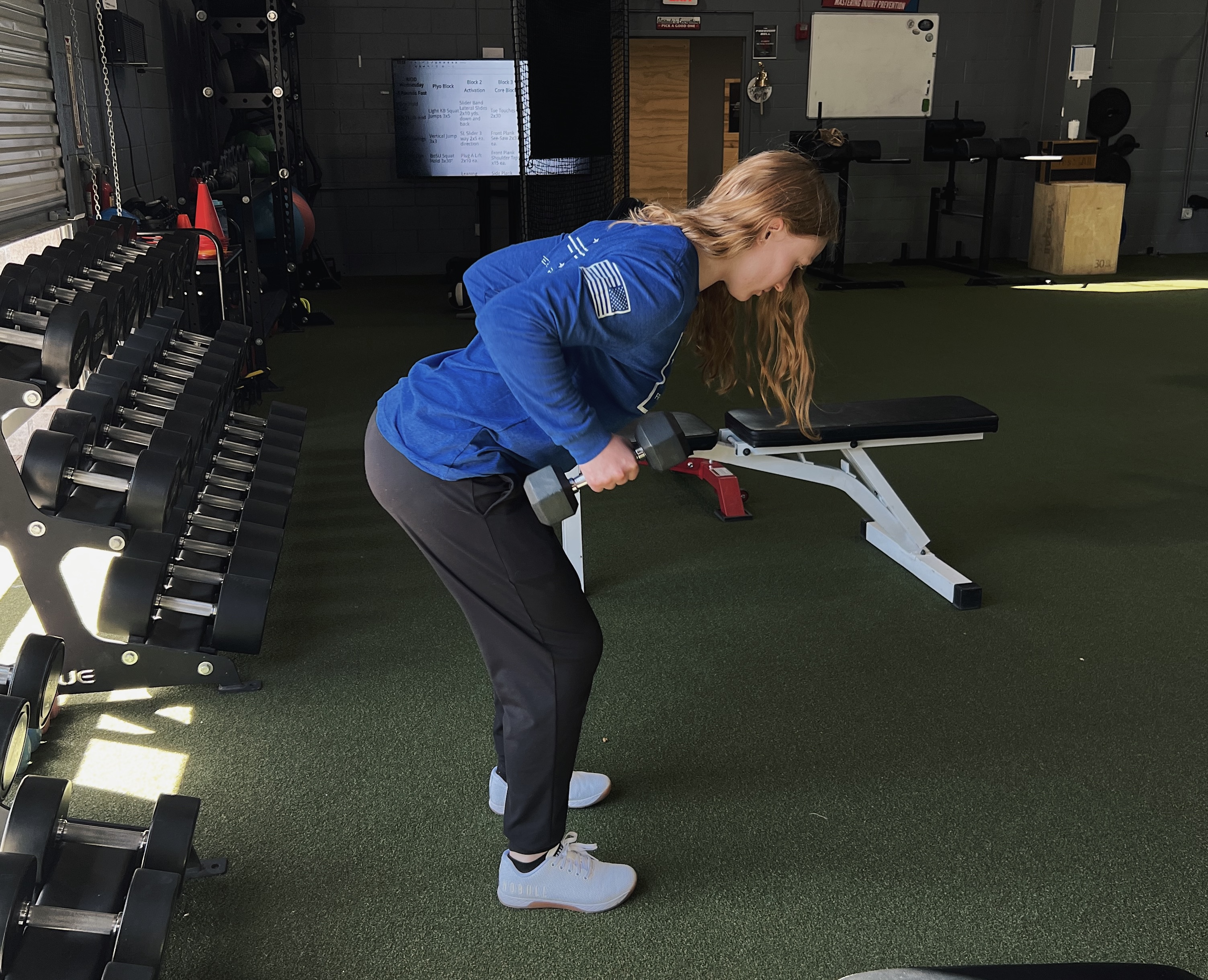
Gym Training
Personalized 1:1 and small group sessions focusing on strength, agility, and overall fitness.
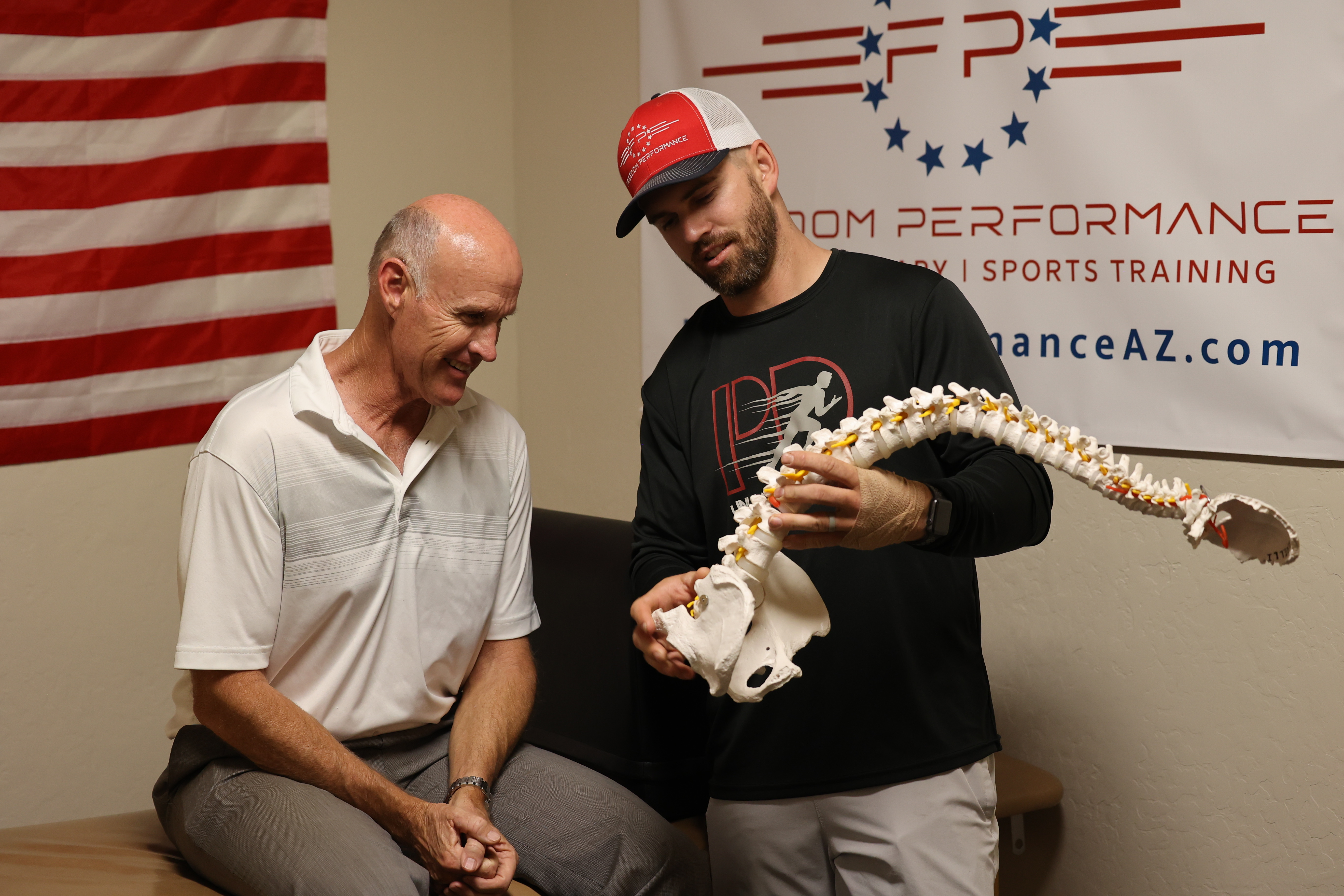
Physical Therapy
Licensed therapists providing injury prevention, recovery strategies, and post-surgical rehabilitation.

Online Coaching
Virtual programs tailored to individual goals, accessible anytime, anywhere.
Why Choose us
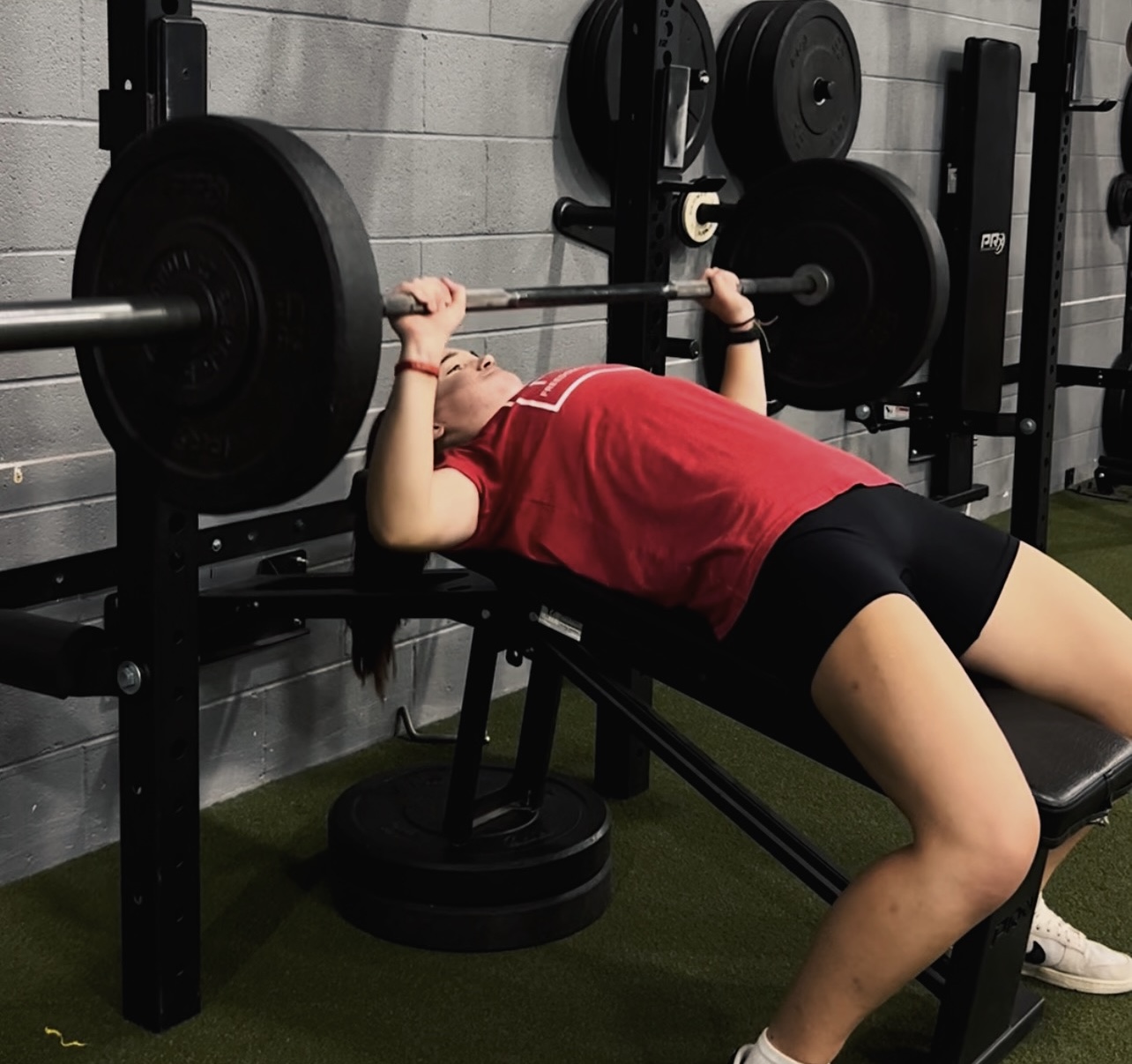

Small class sizes ensuring personalized attention.

Focus on injury prevention and recovery.

Programs designed
and overseen by licensed physical therapists.

Support through nutrition guidance and advanced recovery methods.
About us
Personalized 1:1 and small group sessions focusing on strength, agility, and overall fitness.
Our team is committed to creating a supportive, community-driven environment where every session is designed to empower you — whether you're recovering, building strength, or striving for peak performance.
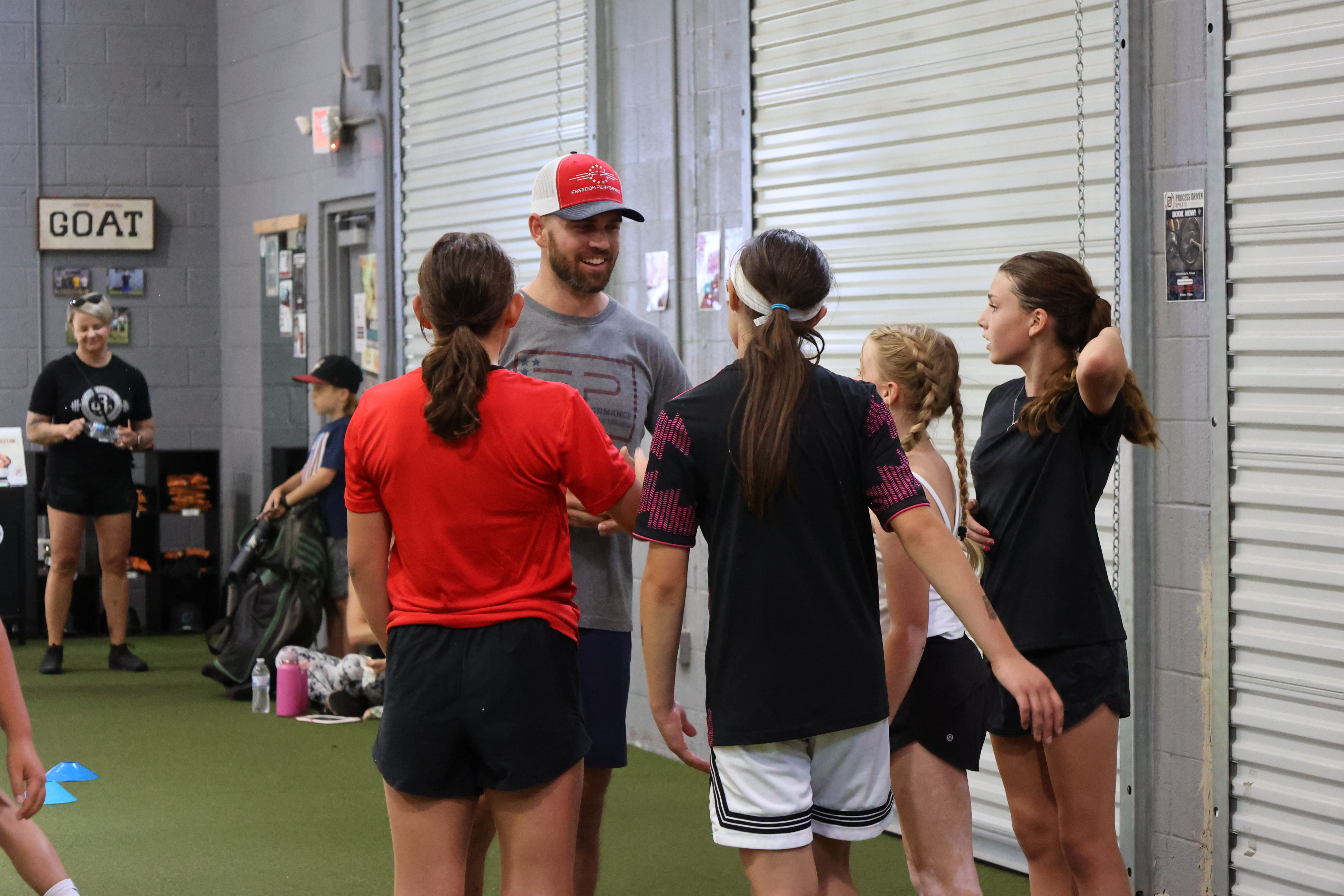

Getting Started is Easy
Outline the simple onboarding process

schedule a Consult
Meet with our Team to build a personalized plan for you and your goals!
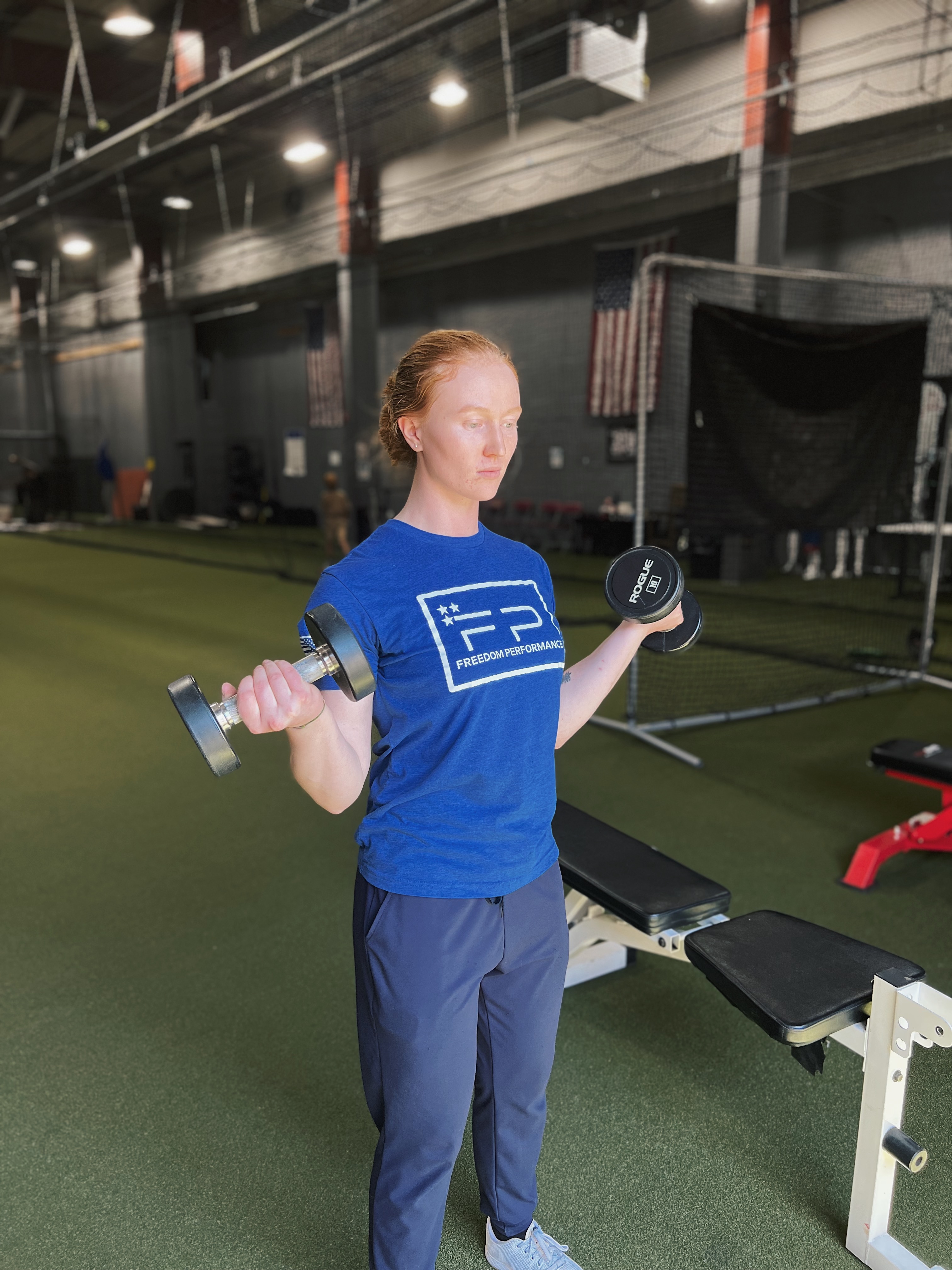
meet the trainer
Meet with a Certified Trainer or Professional Coach to Develop a Plan
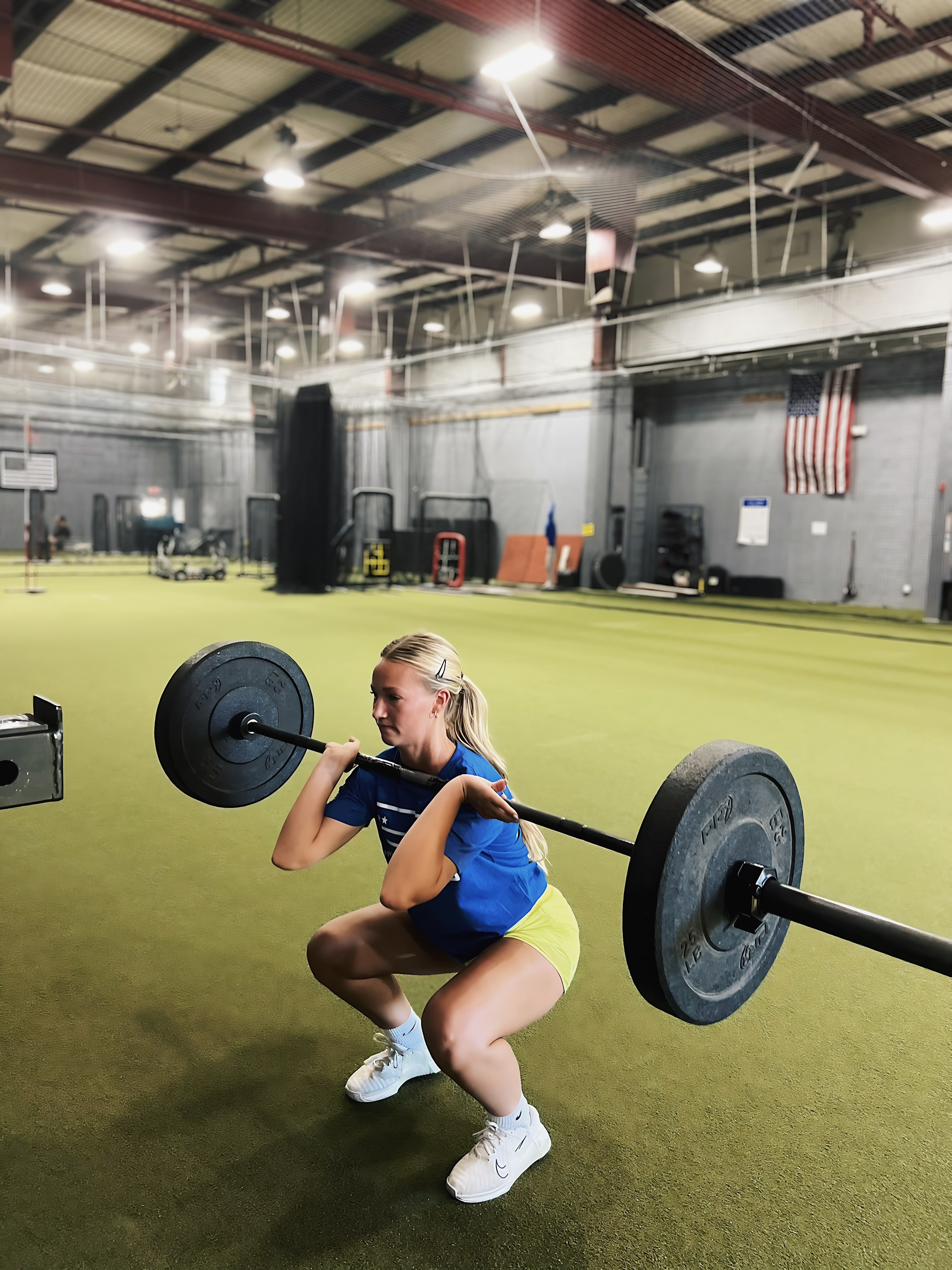
start training
Start Training & Achieve Your Dreams Faster!
Freedom Merch & Supplements
Outline the simple onboarding process
Freedom Merch
medical grade Supplements
Success Stories
Feature testimonials from satisfied clients

Ready to Take the First Step?
Join the Freedom Performance community and start your journey toward strength, recovery, and lasting results. Book your first session today.

Hours
Mon-Thu: 5:30 a.m. - 7:00 p.m.
Fri: 5.30 a.m. - 2 p.m.
Sat: Closed
Sun: Closed
Copyright © 2026 Freedom Performance. Powered by Webcion
